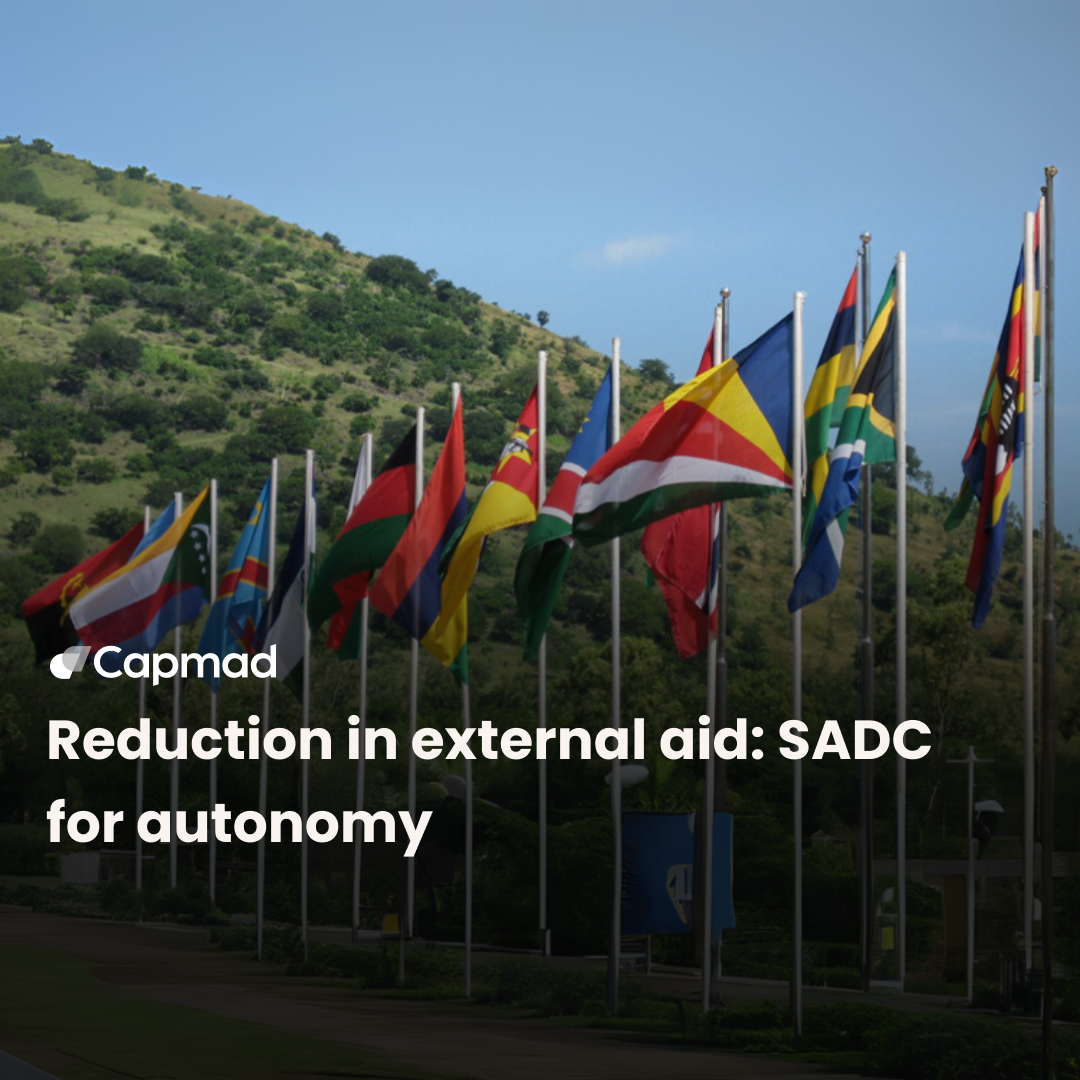The Confederation of Sahel States (BCID-AES) is taking shape as a major project for the Sahel region, bringing together Mali, Burkina Faso, and Niger. This initiative was officially announced and discussed at a ministerial meeting held on May 23, 2025, in Bamako. This marks a decisive step in the institutional and economic development of the Confederation of Sahel States (AES).
Objectives and Missions of the BCID-AES
The BCID-AES’s primary mission is to independently finance key projects in the region, particularly in strategic sectors such as:
- Energy
- Transportation
- Agriculture
- Infrastructure (roads, railways, power plants)
The objective is to support sustainable development adapted to local realities and to strengthen the economic integration and financial sovereignty of member states. The bank aims to mobilize significant financial resources to catalyze the development of essential infrastructure, open up territories, stimulate agricultural and industrial production, and improve the living conditions of Sahelian populations.
Context and Political Scope
The AES was established in September 2023 amid tensions with ECOWAS. Initially conceived as a mutual defense alliance, it quickly transformed into an ambitious political and economic project. The objective is to build an autonomous economic area capable of financing its own development priorities. The creation of the BCID-AES is part of this dynamic of enhanced integration, following the withdrawal of ECOWAS countries.
Governance and Challenges
The success of the BCID-AES will depend on rigorous, transparent, and effective governance. Member states must establish solid management structures to guarantee the bank’s credibility with investors and ensure the proper use of resources.
The bank’s initial capital is 500 billion CFA francs, but it will likely be necessary to attract private investors to meet the region’s enormous needs. Political coordination between the military regimes of the three countries also represents a significant challenge.






